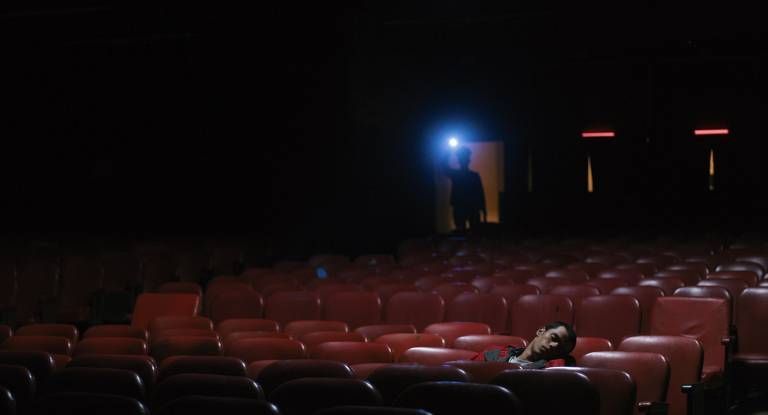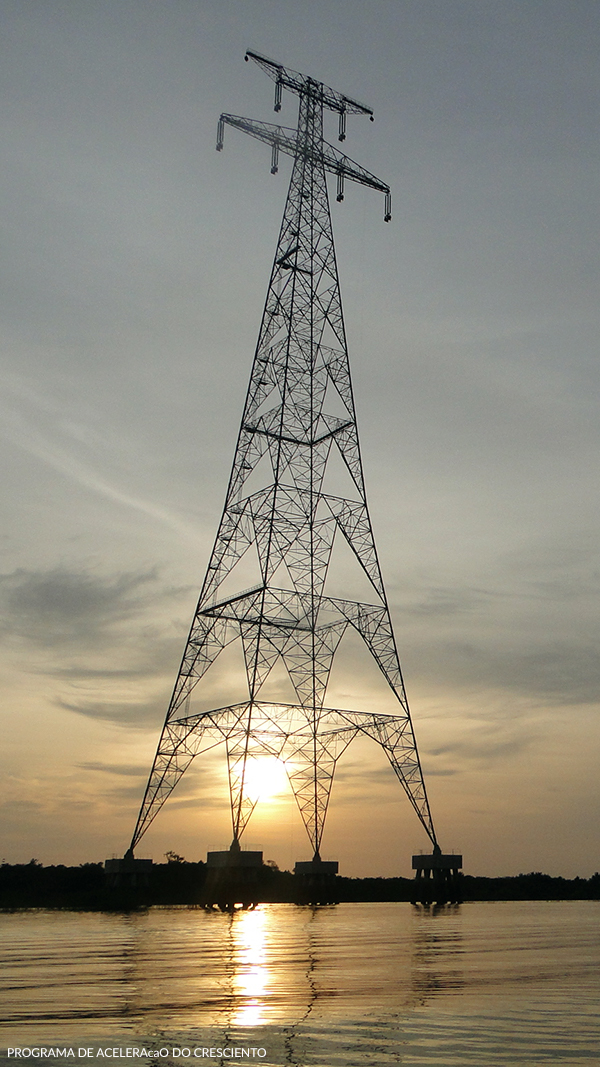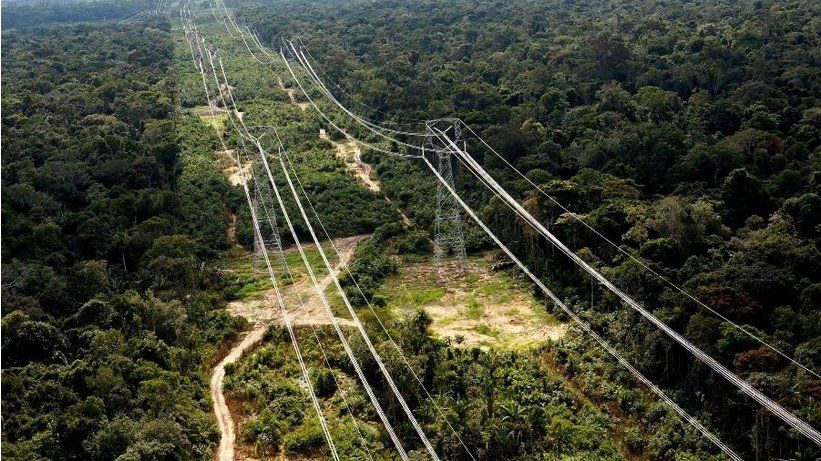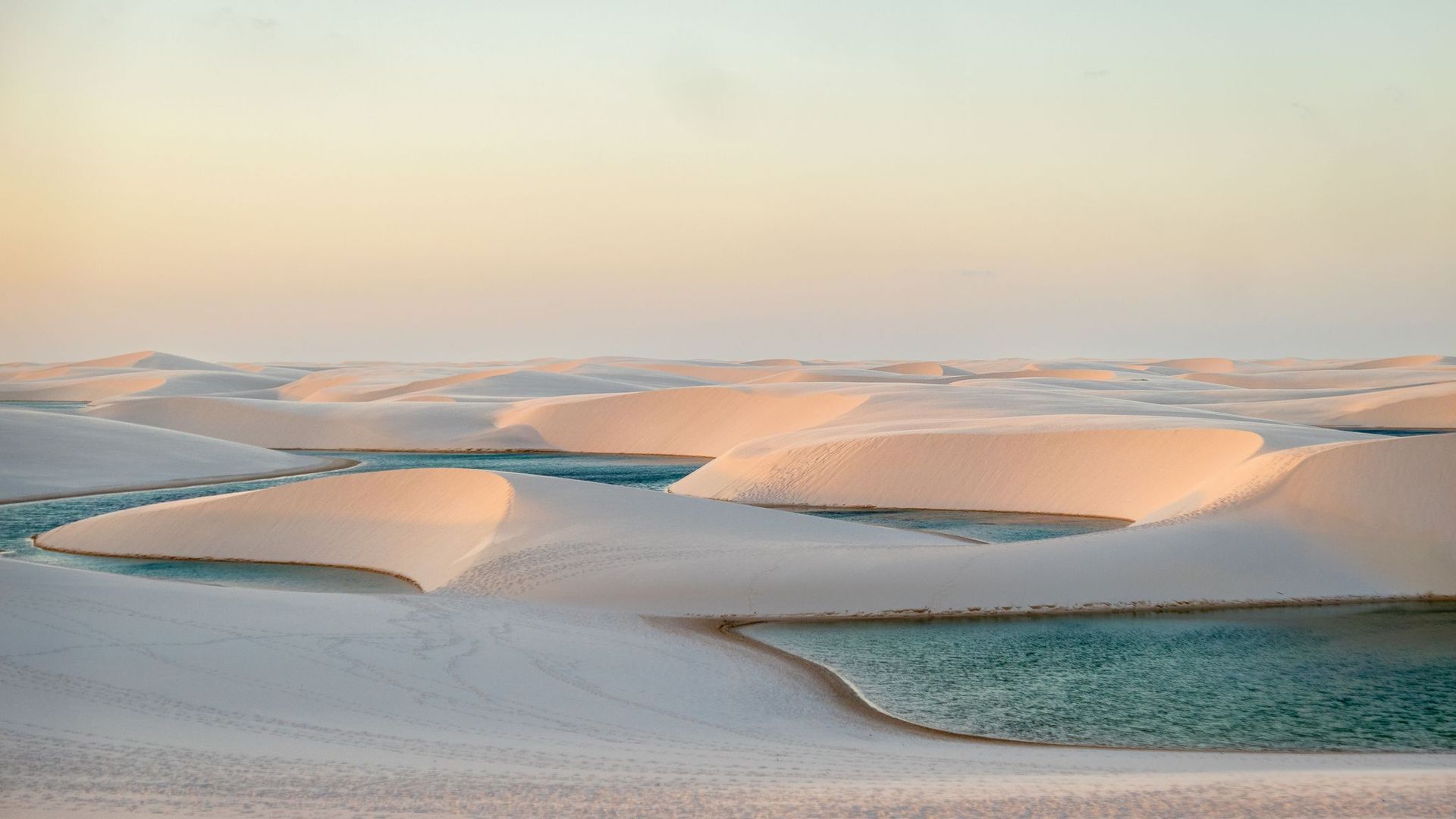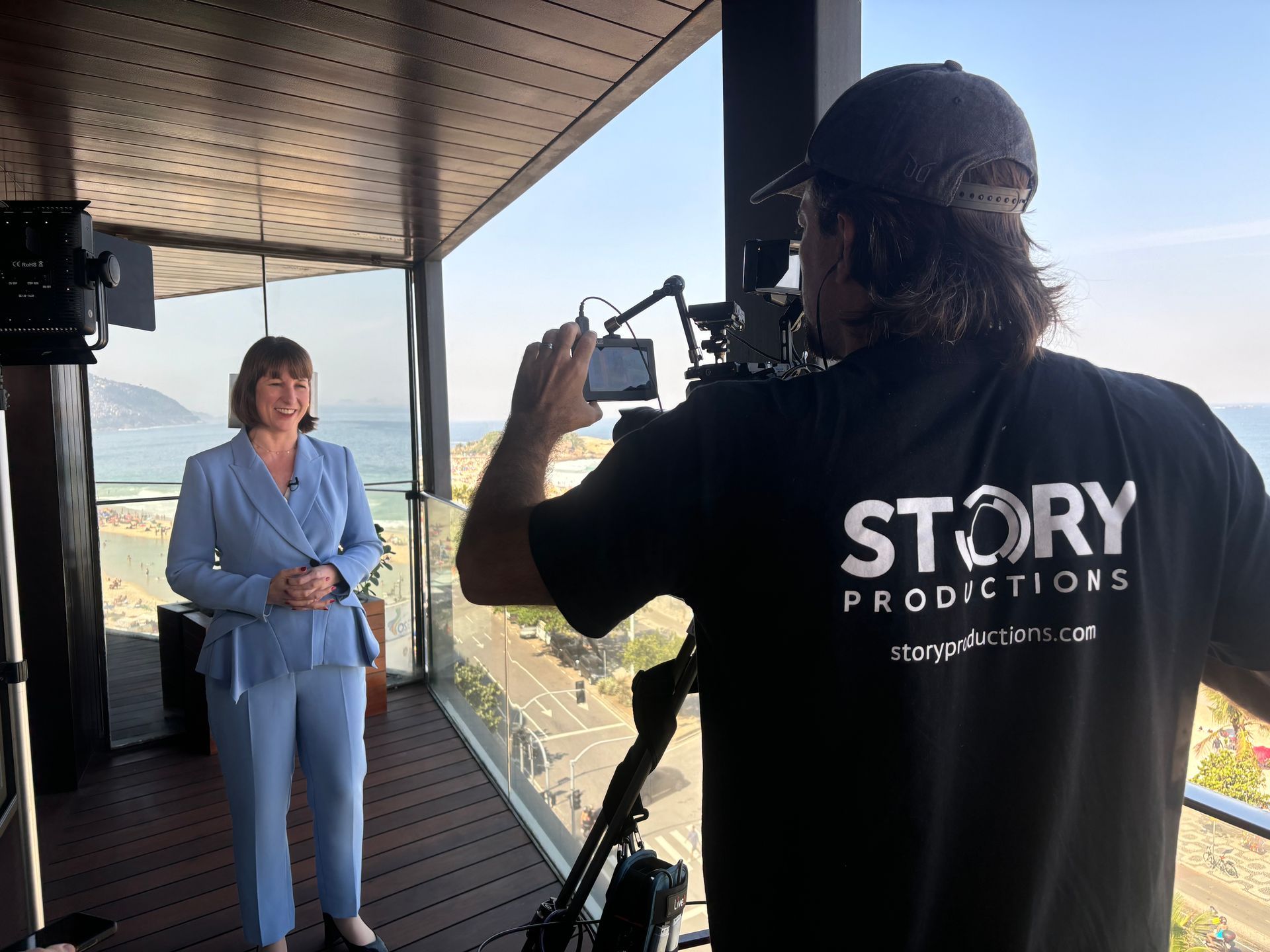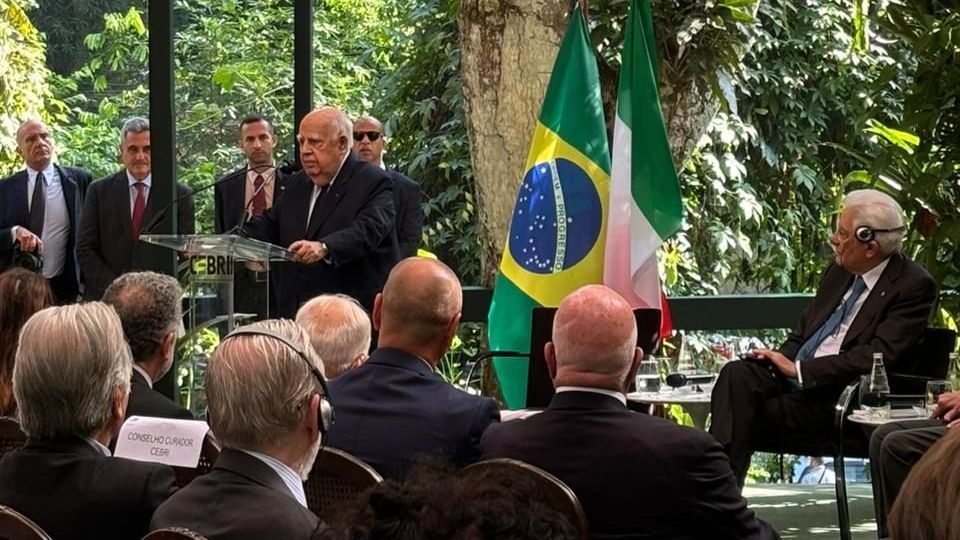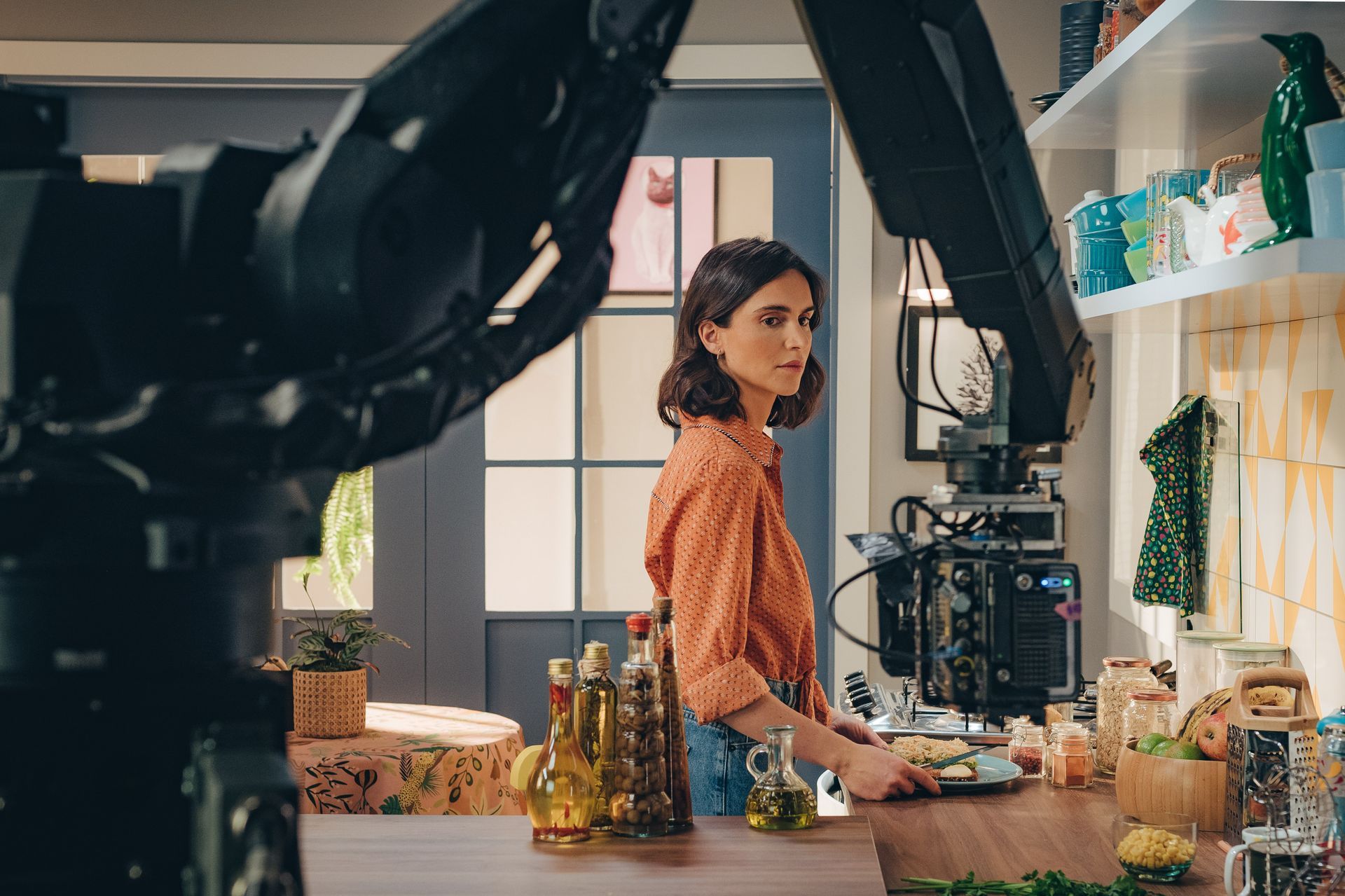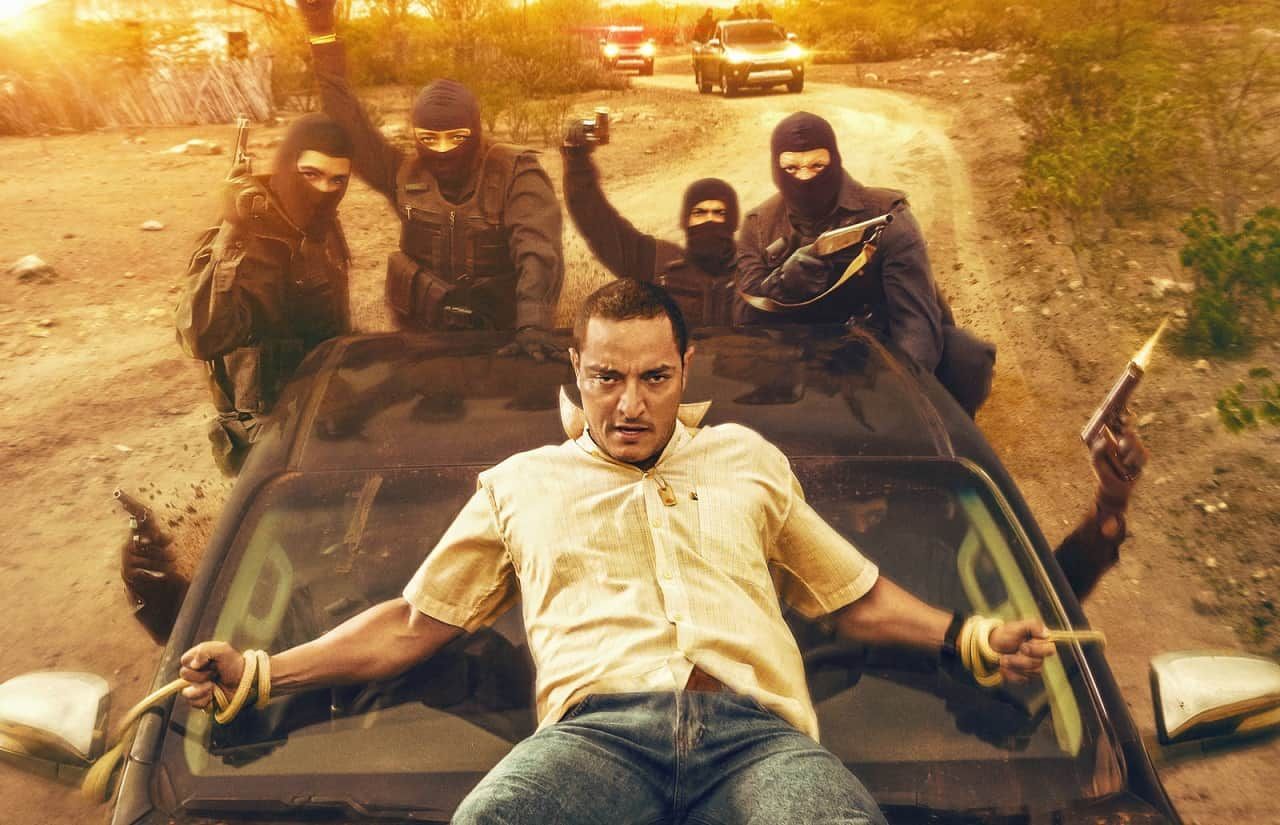Brazil Spotlight: "Trouble ahead, trouble behind"
The construction of power lines across indigenous land between Manaus and Boa Vista, in the north of the Amazon, is intensifying a conflict between the Brazilian Government and the Waimiri-Atroari
Two thousand indigenous Waimiri-Atroari are under intense pressure from the Brazilian Government and energy companies to authorize construction of power transmission lines connecting Manaus, the capital of Amazonas state, to Boa Vista, capital of the state of Roraima, crossing 122 kilometres of protected indigenous land. The project calls for the installation of 250 high-voltage towers within the reserve along the BR-174 road, which was built through the area by the military in 1974.
The company behind the project, Transnorte Energia, a subsidiary of the state-owned Eletronorte, offered an indemnity agreement of R$50 million (approx US$9 million) to mitigate the environmental impact and finance compensation programmes. The Waimiri-Atroari refused the offer, but want to negotiate.
For Brazilian President Jair Bolsonaro, the power line is a question of national interest. In Brasília, Congress is processing a bill to allow power lines to cross indigenous lands, denying the indigenous people a power of veto, and removing the requirement to consult the community as provided for in the Constitution.
The Waimiri-Atroari occupy an area of 25,000 square kilometres, 150 kilometres north of Manaus. Their proximity to the city has led to a long history of conflicts with the local non-indigenous population as well as mining companies in the region. In the 19th century, there were many clashes with illegal loggers and gold miners.
In 1967, the army started construction of the BR-174 road, linking Manaus to Boa Vista, leading to more conflict with the Waimiri-Atroari, and exposing them to deadly viruses. A year later, the Waimiri killed Giovani Calleri, a priest and anthropologist who had been sent to make a truce with them, and in 1974 they killed the indigenist Gilberto Figueiredo of the National Indian Foundation (FUNAI). Over the course of ten years, 2,500 Waimiri-Atroari died. By 1983, there were only 332 survivors left.
In 1985, Eletronorte started the construction of the Balbina Dam, a hydroelectric power plant, on the Uatumã River, flooding 2,360 square kilometres of forest and displacing 30 per cent of the remaining Waimiri population. Protests against the construction convinced the state company to finance the demarcation of the Waimiri-Atroari Indigenous Land in 1987 and to implement an environmental, health, and educational support program for the locals. With their rights guaranteed and state assistance in place, the population stabilized and grew again.
A decade later, in 1997, the government decided to pave the BR-174. With FUNAI’s support, a successful negotiation established an environmental protection and territorial surveillance plan that ensured the Waimiri-Atroari’s control over the stretch of road that crosses the reserve. An investment fund of R$4 million (approx US$750,000), managed by the Community Association of Indigenous Waimiri-Atroari, in Manaus, renewed local health, education, agriculture and environmental programmes.
Nowadays, approximately 2,000 Waimiri-Atroari live in 56 villages within protected territory. They maintain the 122 kilometres of BR-174 that crosses their territory, monitoring checkpoints and traffic barriers. Vehicles are allowed access from 6am to 6.30pm and are banned at night when animals typically hunt — the police, ambulances, and firefighters have unrestricted access.
The irony of the impasse over the power transmission line, however, is the daily transit of tanker trucks on the BR-174, transporting diesel oil from Manaus to the five thermoelectric plants that supply sporadic and polluting energy to the 600,000 inhabitants of Roraima, who are subject to daily blackouts affecting schools, hospitals, commerce, and industry.
The thermoelectric plants consume 1.2 million litres of diesel per day, at a cost of R$1 billion (approximately US$183 million) per year. The 720 kilometre-long power line between Manaus and Boa Vista, approved in 2011 without an environmental license, would cost R$2 billion (approximately US$366 million), paying for itself in two years. To complicate matters, Transnorte Energia has fined the government R$1 billion for the delay in construction due to the indigenous resistance, as if it wasn’t aware of it beforehand.
Boa Vista is the only Brazilian capital not connected to the national power grid in Brazil. Roraima used to import energy from Venezuela, but President Nicolás Maduro cut off the supply in March 2019. Since then, pressure on the Waimiri-Atroari has increased. In February 2019, a Member of Congress from Roraima invaded the Waimiri-Atroari reservation and broke a traffic barrier chain with a chainsaw, pressuring the government to “end the isolation” of the state.
In March 2019, President Bolsonaro called a meeting of the National Defense Council to declare an emergency situation in Roraima and allow construction to commence on the power transmission line. This was unsuccessful. According to the Governor of Roraima, there is resistance from FUNAI, and the Brazilian Environmental Institute. So far, the Waimiri-Atroari have not accepted any proposals.
About Brazil Spotlight
Every month, Story Productions will publish a new Brazil Spotlight column by Ricardo Arnt, a Brazilian journalist and author with
more than forty years experience, including as director of Planeta magazine and TV Bandeirantes, editor of
Exame magazine,
Folha de São Paulo and
Superinteressante (published by Editora Abril) as well the international editor of Jornal Nacional on TV Globo.
Subscribe to our newsletter to be one of the first to read it. From the economics of sustainability to deforestation in the Amazon, Ricardo will be hunting out the most interesting, topical stories that are one step ahead of the news cycle. We want to inspire TV producers and researchers around the world with ideas that get them inspired for their next production. Read more about the column or email press@storyproductions.com to suggest a topic to be covered. Interested in covering something you've read here? Get a quote for your next production in Brazil.
Share this story:
Get the latest news straight into your inbox!
Contact Us
Read another story
